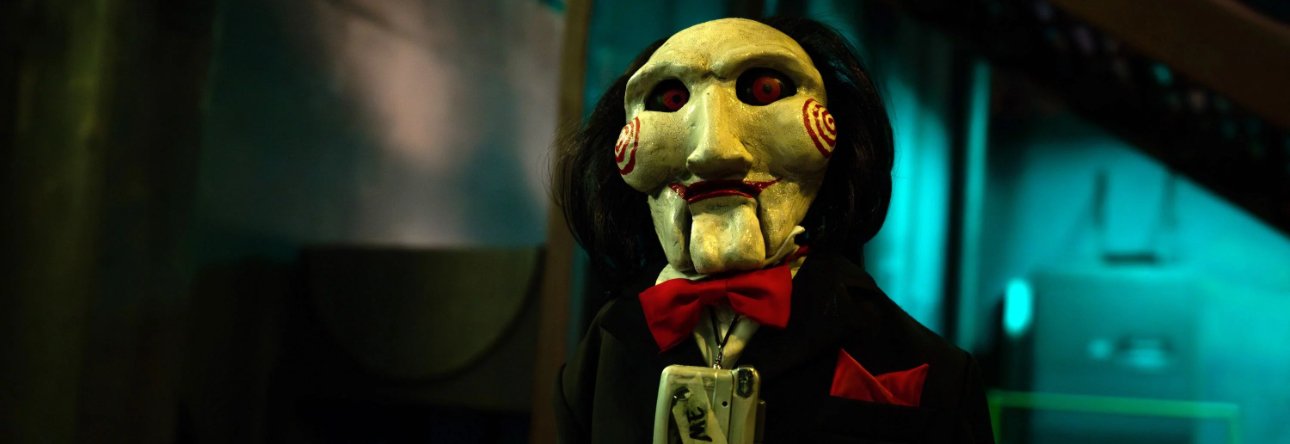Paul Schrader was heavily inspired by Robert Bresson’s “The Diary of a Country Priest” for his 2018 magnum opus “First Reformed.” In “The Card Counter,” Schrader again goes all in with Bresson, even recycling a couple of scenes from his own “American Gigolo” (which was partly inspired by Bresson’s “Pickpocket”) for another minimalist character study about redemption but without the brooding intensity of his last film. Call it “Worse Reformed.” With “First Reformed” and “The Card Counter,” Schrader may very well be building up a Bressonian trilogy (his next film still hasn’t been announced, but I bet it’ll again find inspiration in the legendary French director ).
Oscar Isaac, as always, nails the role of William Tell, a Vegas gambler and former serviceman who sets out to reform Cirk (Tye Sheridan), a young man he’s just met seeking revenge on a mutual enemy of their past. Much like most of Bresson’s lead characters, Tell is a simple man with a wounded psyche seeking redemption. He just wants to play cards, but eventually gets in over his head with his own set of moral dilemmas.
It’s also in Vegas that Tell meets gambling manager La Linda (a miscast Tiffany Haddish) who sees potential in his poker talents — she wants to bring him to some of the biggest tournaments and get a cut of his earnings. He reluctantly accepts but not without bringing Cirk along for the ride. Tell believes he can save this boy from committing a heinous act and, in the process, get the redemption he so desperately seeks for the sins he’s committed in the past.
Just like Ethan Hawke’s Father Toller in “First Reformed,” Tell sits at a desk, drinks whiskey, and writes in a journal — his penned words narrate the story. Schrader aims for the same morose vibe as in ‘Reformed,’ and the ending, more or less, aims for the same bittersweet spiritual uplift as in that movie.
Sheridan’s Cirk, a mentally unstable drifter, shares a grudge against Tell’s former Army major Gordo (Willem Dafoe) – a shadowy contractor who avoided punishment for crimes in Iraq because he was classed as a service provider, not a soldier. Tell didn’t get off as easy, serving almost 9 years in jail for Gordo’s sins. At first, Cirk is ready to exact violent revenge on Gordo only to be talked out of it by Tell or has he? The rest of the movie begrudgingly relies on the tension of “will he or won’t he.”
This is a smartly disciplined film by a seasoned filmmaker who wants to pay tribute to one of the medium’s great directors. Although dramatically inept in stages, the romantic subplot between Haddish and Isaac comes off as awkward, “The Card Counter” somewhat redeems its own flaws with a devastatingly bleak finale that defies the expectations we had for these characters.
However, one wonders about how self-important the film can come across at times. I get it, Schrader figured “if it ain’t broke then don’t fix it,” using the same blueprint as in ‘Reformed’ to tell his story, but it just doesn’t feel as fresh the second time around. And yet, this is still a story worth telling, a tale of absolution written and directed by one of the great cinematic nihilists of our time. [B/B-]






